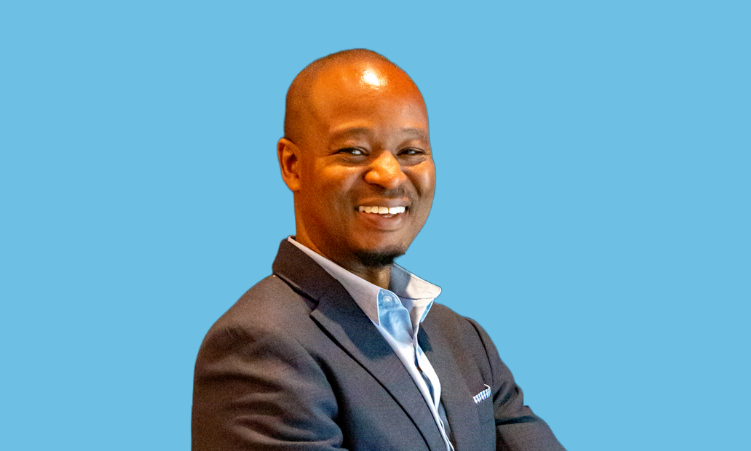
In my decade-long journey as a patient advocate in Tanzania, I’ve witnessed the stark care divide between those fortunate enough to afford cancer treatment and those grappling with the harsh reality of financial constraints. In our economically challenged country, only a privileged few secure access to life-saving medicines through health insurance. However, a substantial portion of the population remains uninsured, burdened by treatment costs that far exceed their daily earnings of under $2.
The consequences are heart-wrenching – the loss of countless relatives and friends to preventable cancers, leaving behind a generation of maternal orphans. Breast and cervical cancers, leading causes of death, haunt these orphans and relatives. Trapped in a cycle of fear, they avoid screenings, opting for traditional remedies that prove futile, ultimately leading them back to medical facilities at advanced stages.
Recently, I had the opportunity to undergo an MCED test at the Inspire2Live Congress 2023, yet I reluctantly declined. Just like many in my community, I grappled with the haunting uncertainties – “What if I tested positive? Who will care for me and my loved ones? Where will I find affordable treatment?”. This hesitancy echoes even among healthcare workers who have insurance, awareness, and knowledge of the disease.
Africa, with its unique challenges, demands a tailored approach to healthcare. In a world where access is often constrained by geography, colour, and affordability, the call for universal access to medicine emerges as a beacon of hope. Such inclusivity doesn’t merely address healthcare disparities; it sets the stage for broader societal access – to peace, love, care, and equity. Let our collective compassion and commitment transcend boundaries, weaving a narrative of healing and inclusivity for all.
